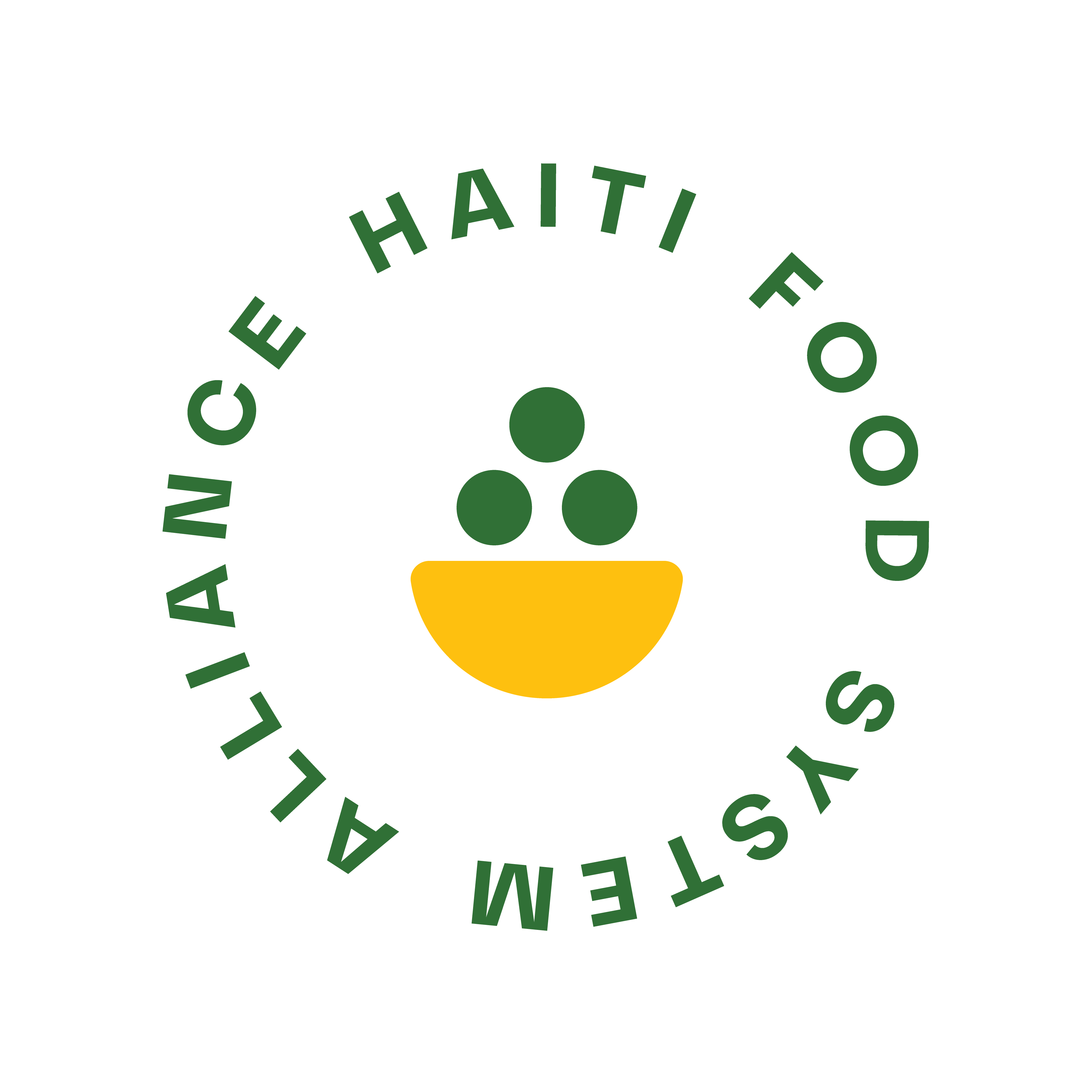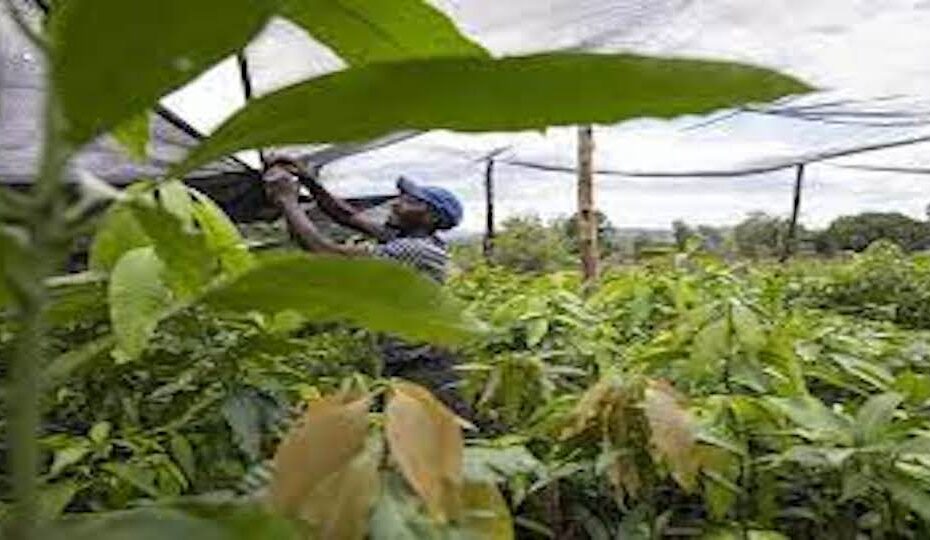Original article appeared in The Toronto Star on Wednesday June 1st 2022 by Frank Giustra
While on a trip to Haiti last week I read a shocking headline, “Ukraine invasion could cause a global food crisis, UN warns.”
Secretary general António Guterres warned that the invasion, combined with the effects of climate change along with the pandemic “threatens to tip tens of millions of people over the edge into food insecurity followed by malnutrition, mass hunger and famine.” US Secretary of State Antony Blinken added that the world faces the “greatest global food security crisis of our time.”
To make matters worse, several countries are beginning to panic and implementing food export bans to protect their domestic populations. The list includes India, which banned the export of wheat. (It’s one of the world’s largest producers.) Indonesia banned exports of palm oil; a key ingredient used in many foods. Other countries, including Argentina, Turkey, Egypt, Kazakhstan, and Serbia banned exports on a variety of foods such as soybean and sunflower seeds, fruits and vegetables and meat products. Russia banned exports on wheat which when combined with the wheat supply no longer coming from war-ravaged Ukraine, accounts for 30 per cent of the world’s total wheat supply. China, with a population of 1.4 billion and the producer of almost half of global wheat production, is reported to be in a “hoarding mode,” purchasing large quantities of other food commodities.
Many people assume that the food crisis was caused by a combination of the pandemic and the invasion of Ukraine. While these are important factors, they only aggravate an underlying problem.
If this lurking food crisis doesn’t concern you, it should. Hunger provokes deadly conflict and social unrest. In the past, starvation has been not only a cause of war, but has also been used as a tool of war. Think back to 2018 when United Arab Emirates forces laid siege to Hodeida, a Red Sea port held by the Houthis and the country’s main gateway for food, fuel, and a lifeline for its central and northern regions. Or 2010, when food scarcity played a large role in the Arab Spring with all its deadly consequences. Today, food and energy inflation are wreaking havoc in most countries around the world, including in the US where it is certain to exacerbate the deepening political divide. When times get tough, most of us can do without a new iPhone but take away food or make it too expensive to afford and there are no limits to how desperately people will behave.
And who suffers most? The world’s poor, of course.
I was in Haiti for the launch of The Haiti Food Systems Alliance (HFSA), a new locally led alliance designed to build long-term food sovereignty and security from the bottom up. The alliance includes 14 established Haitian businesses and organizations dedicated to improving farmer incomes and food security. The partners are broken down into three categories: production (working with farmers), support services (data, research, training) and feeding (hospitals and schools). With the goal of ecosystem building, the alliance was spearheaded by Acceso (an organization I founded in 2007) and the W.K. Kellogg Foundation.
Acceso has been working in Haiti since 2014, improving the lives of 11,000 farmers by providing training, inputs, and credit and then purchasing their crops directly and linking them to high value domestic and international markets. W.K. Kellogg has provided funding to our school feeding program that, since 2018, has delivered more than two million snacks to 8,000 students using locally sourced ingredients from our farmer network. The beauty of this arrangement is that it serves a dual purpose, providing nutritious snacks for children and generating $500,000 (U.S.) in additional revenue to our farmer network.
:format(webp)/https://www.thestar.com/content/dam/thestar/business/2022/06/01/the-international-aid-system-is-in-need-of-reform/haitians.jpg)

